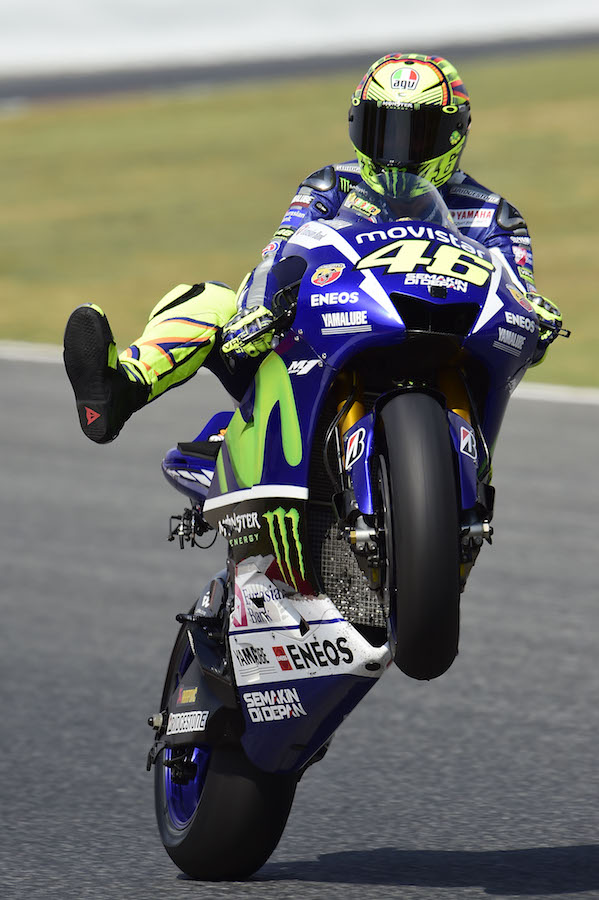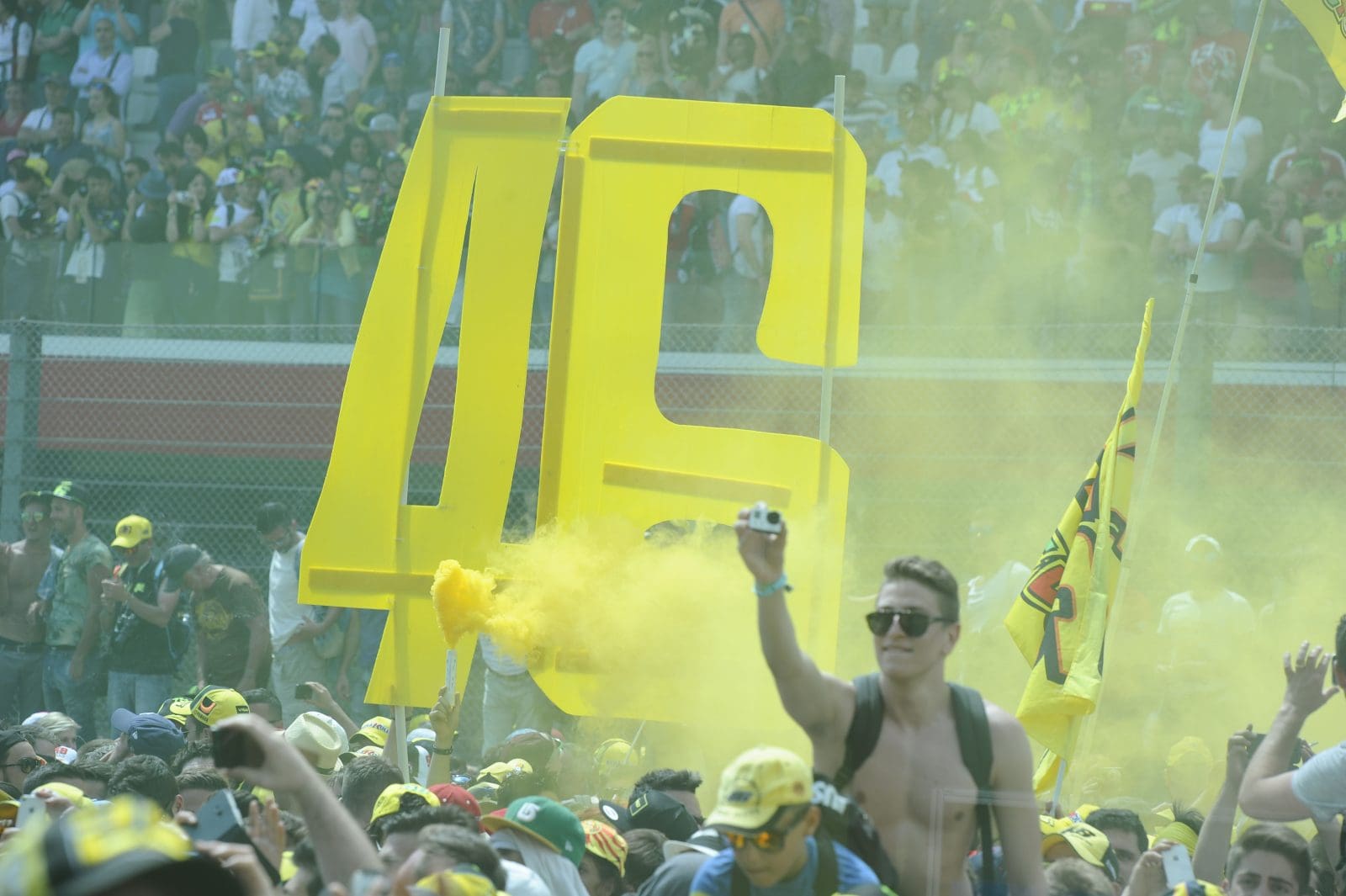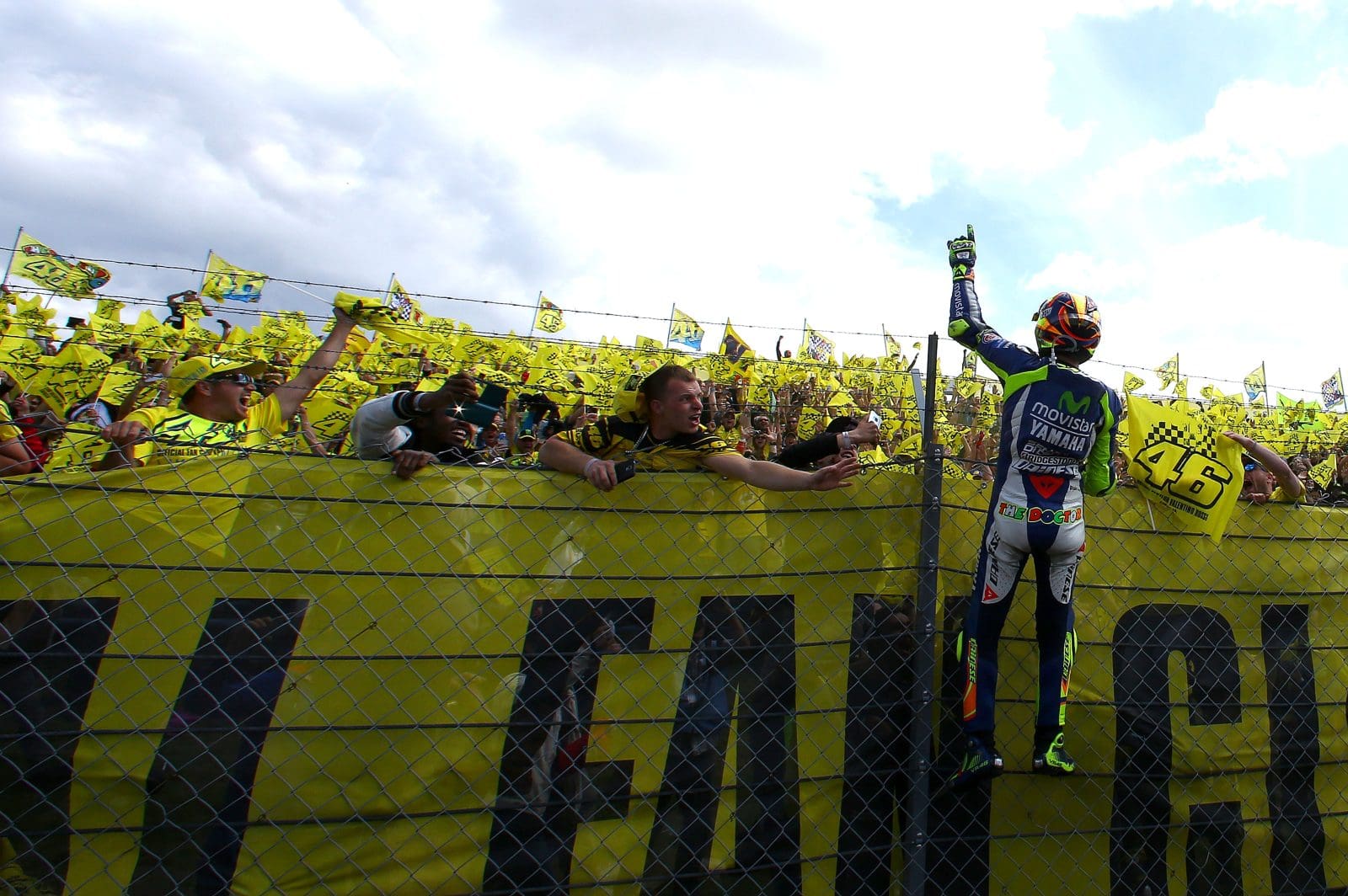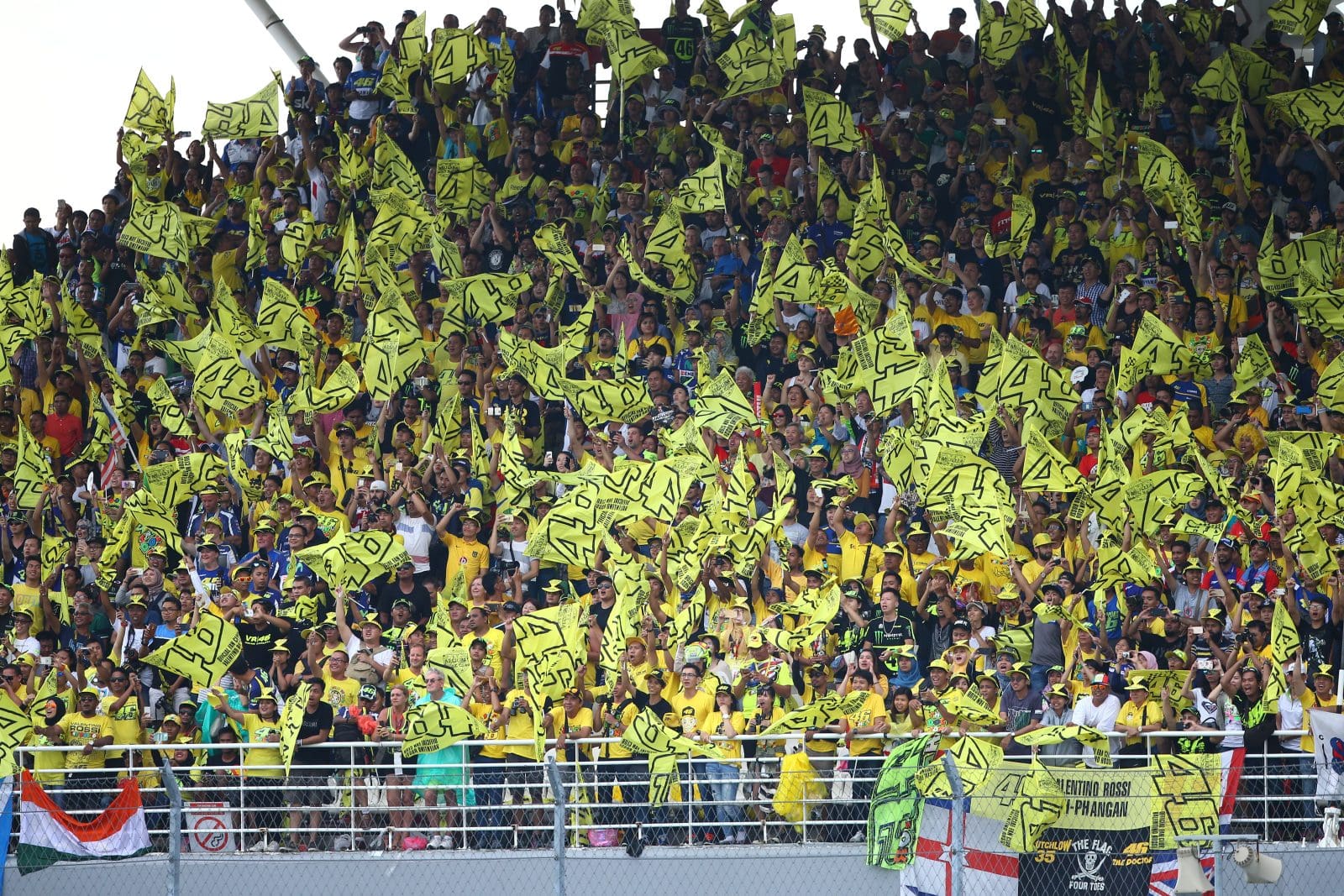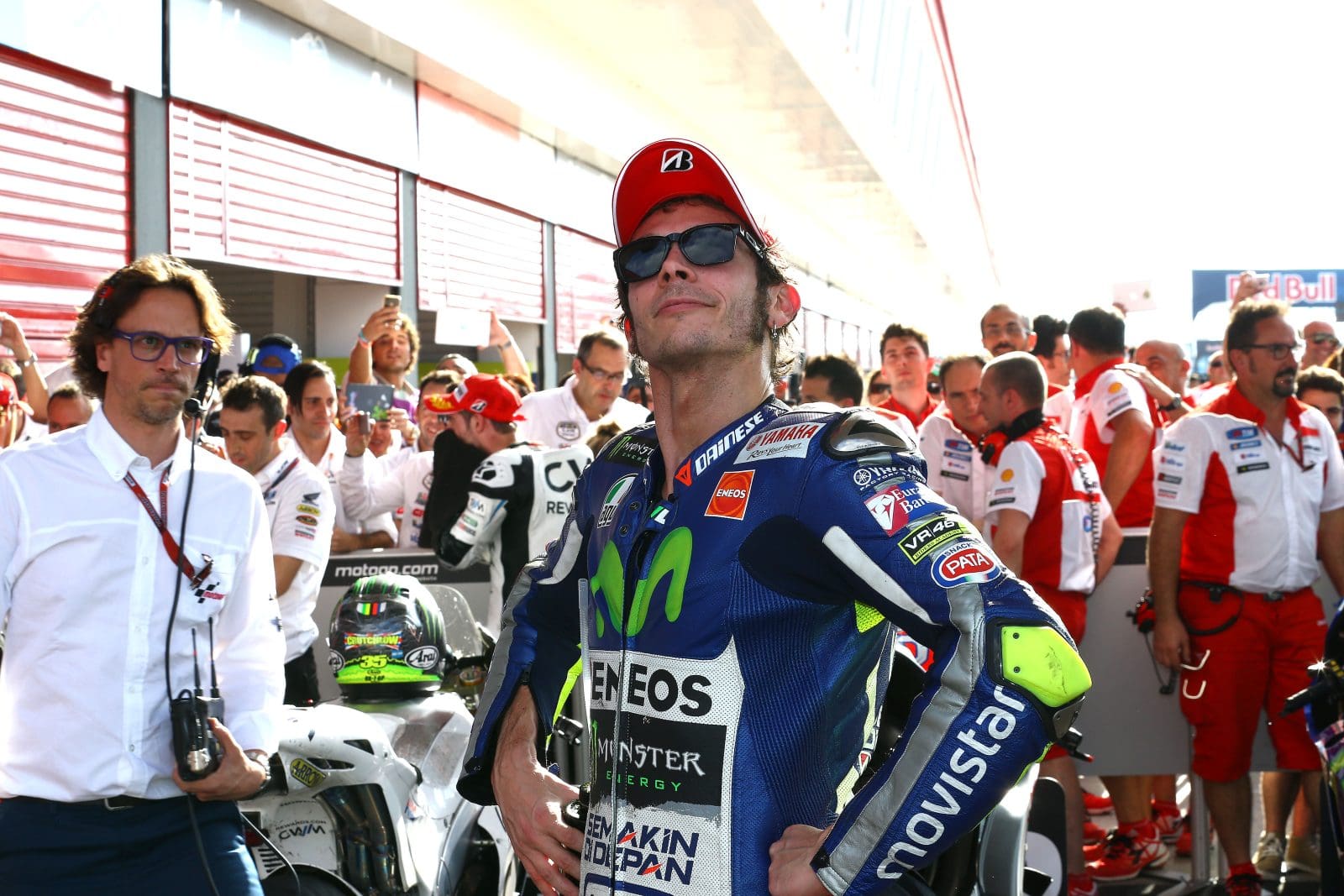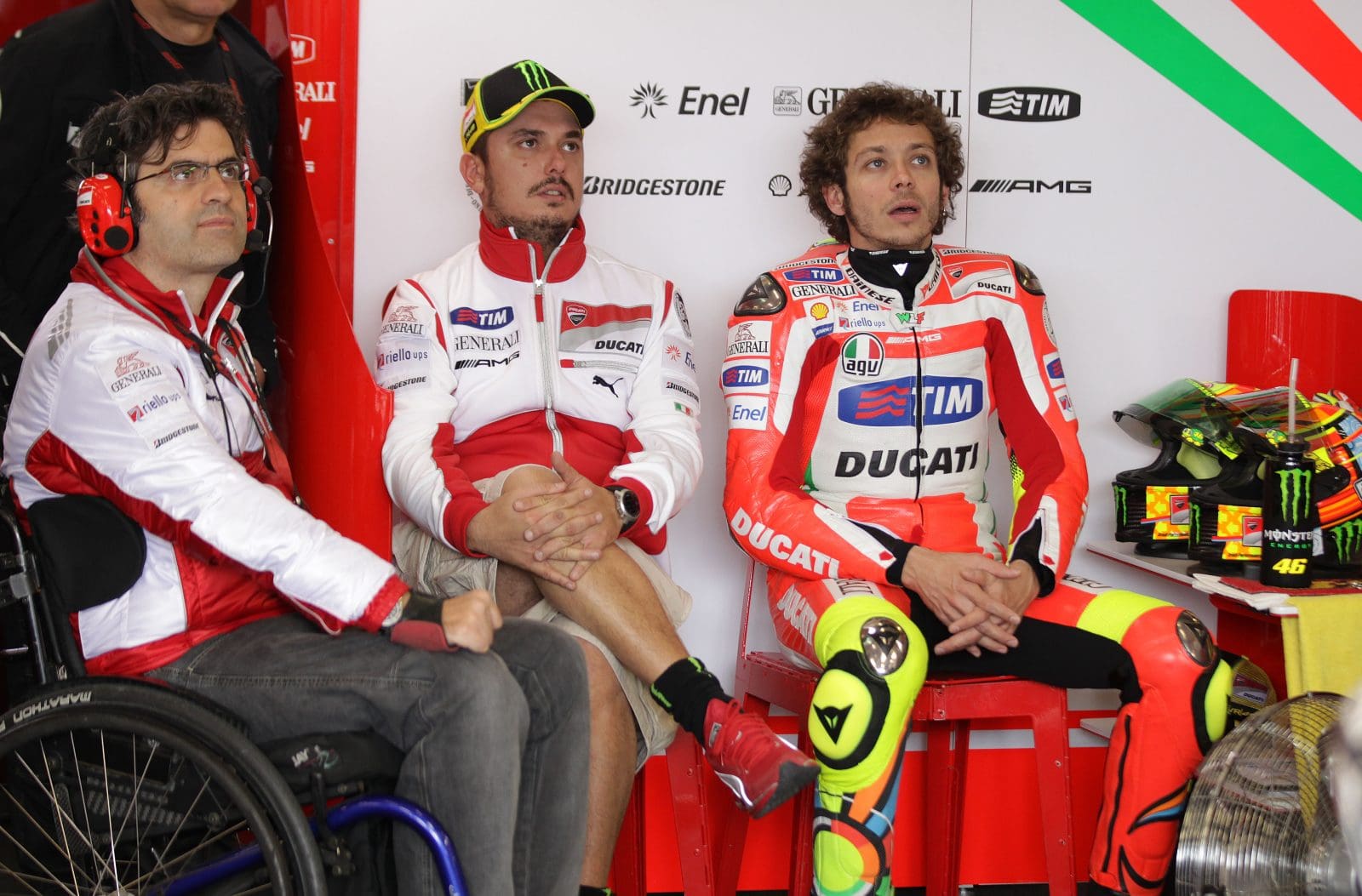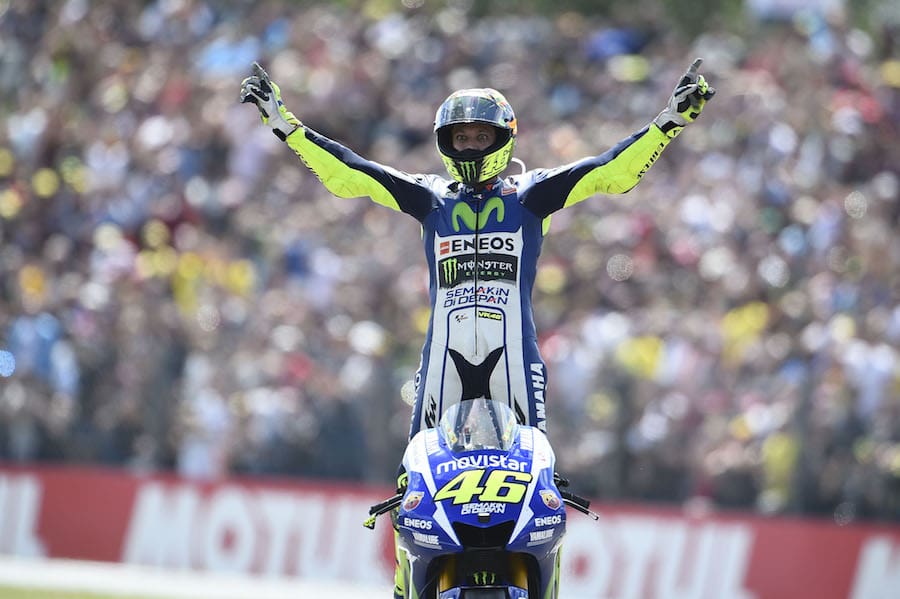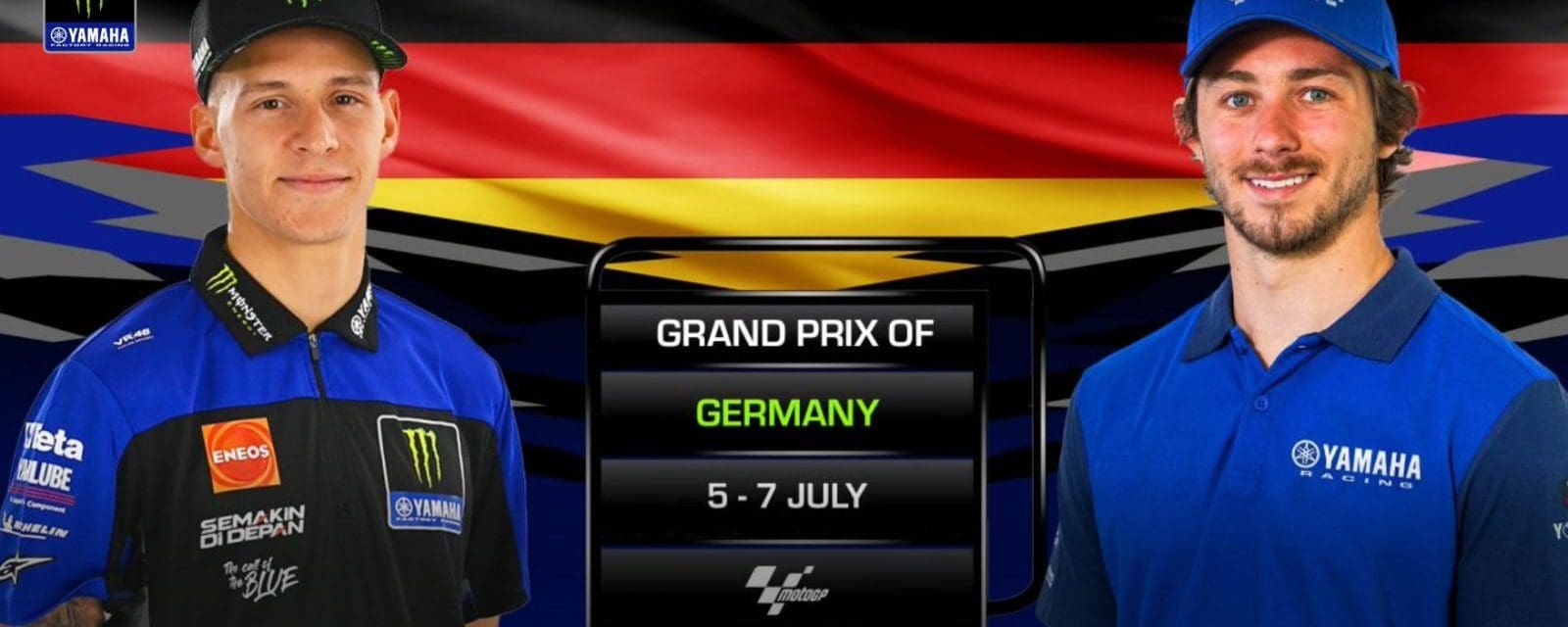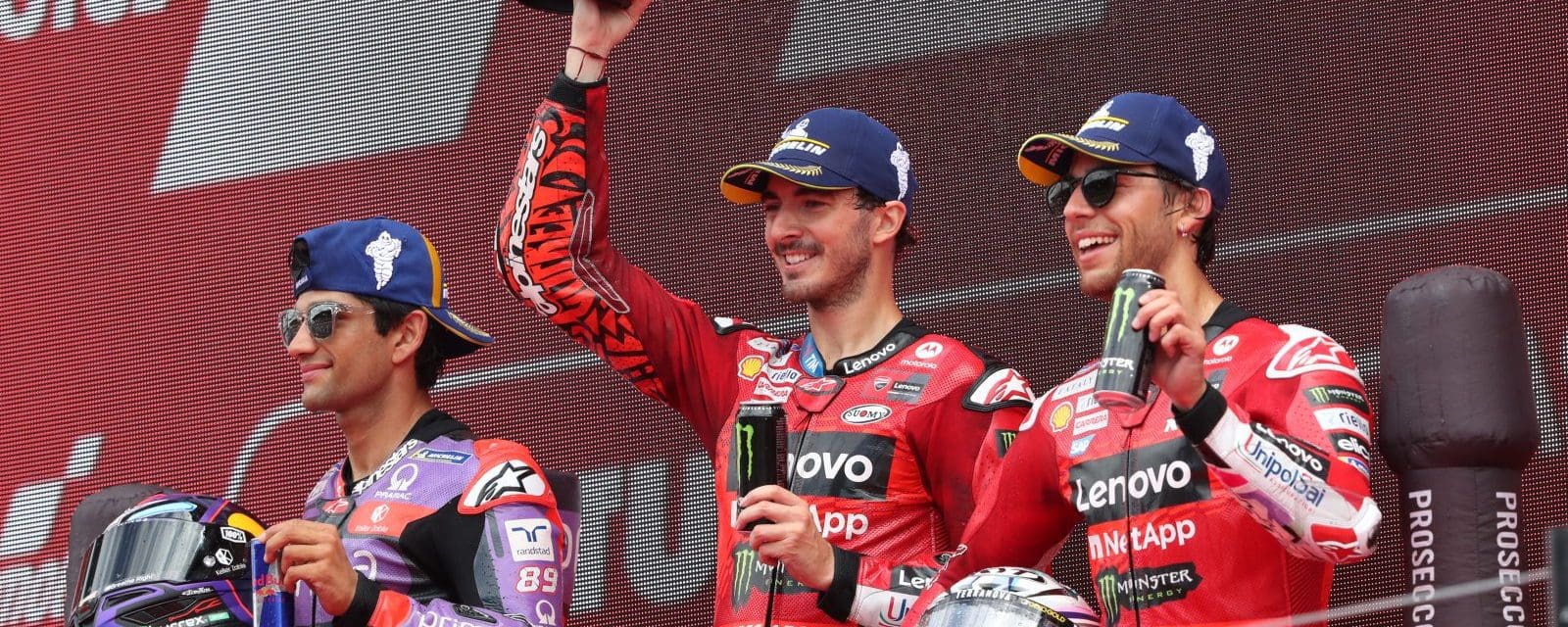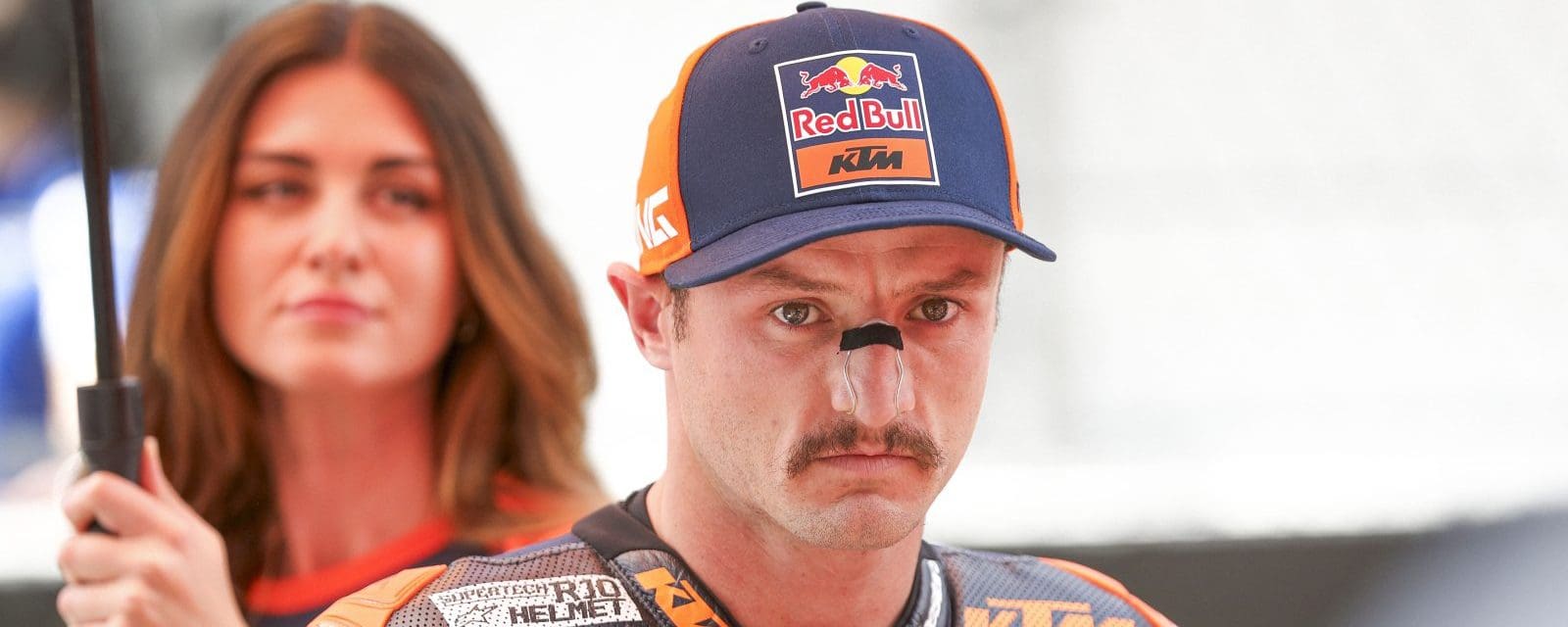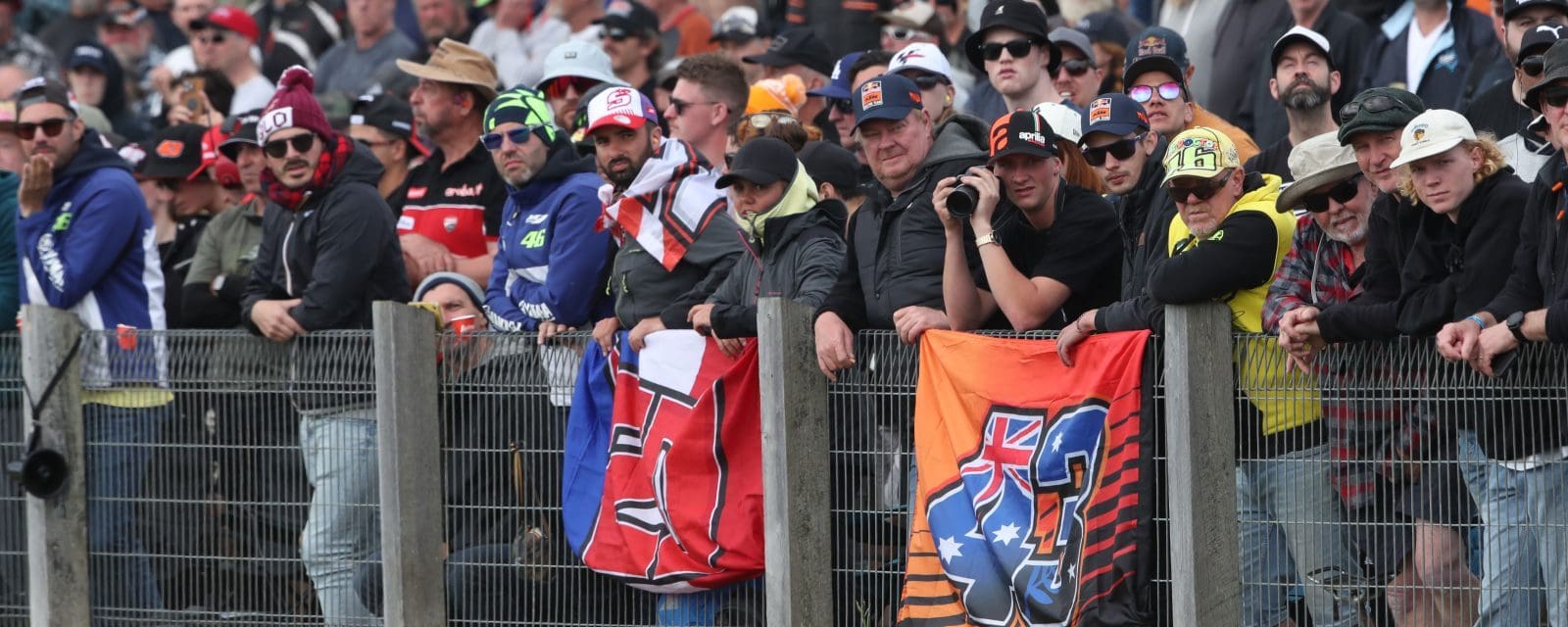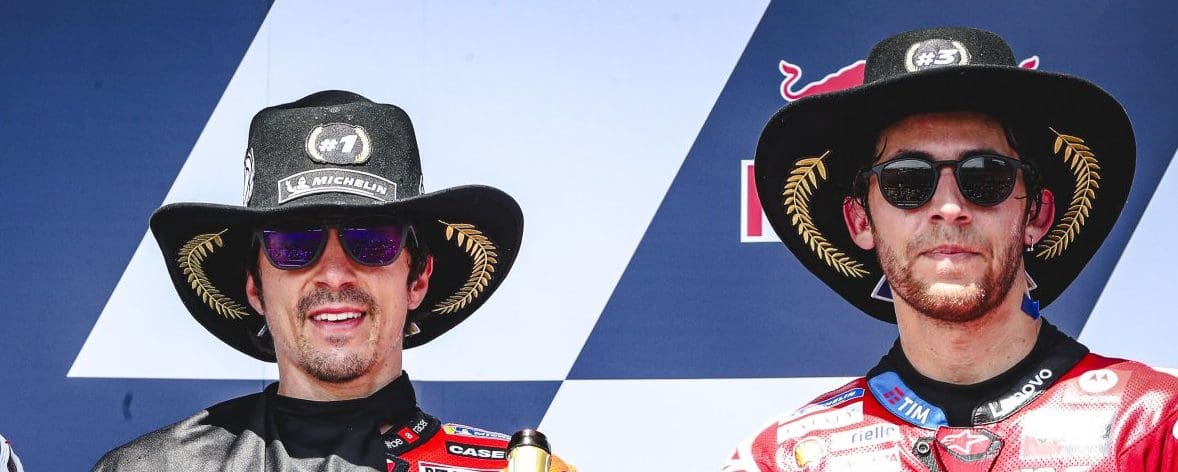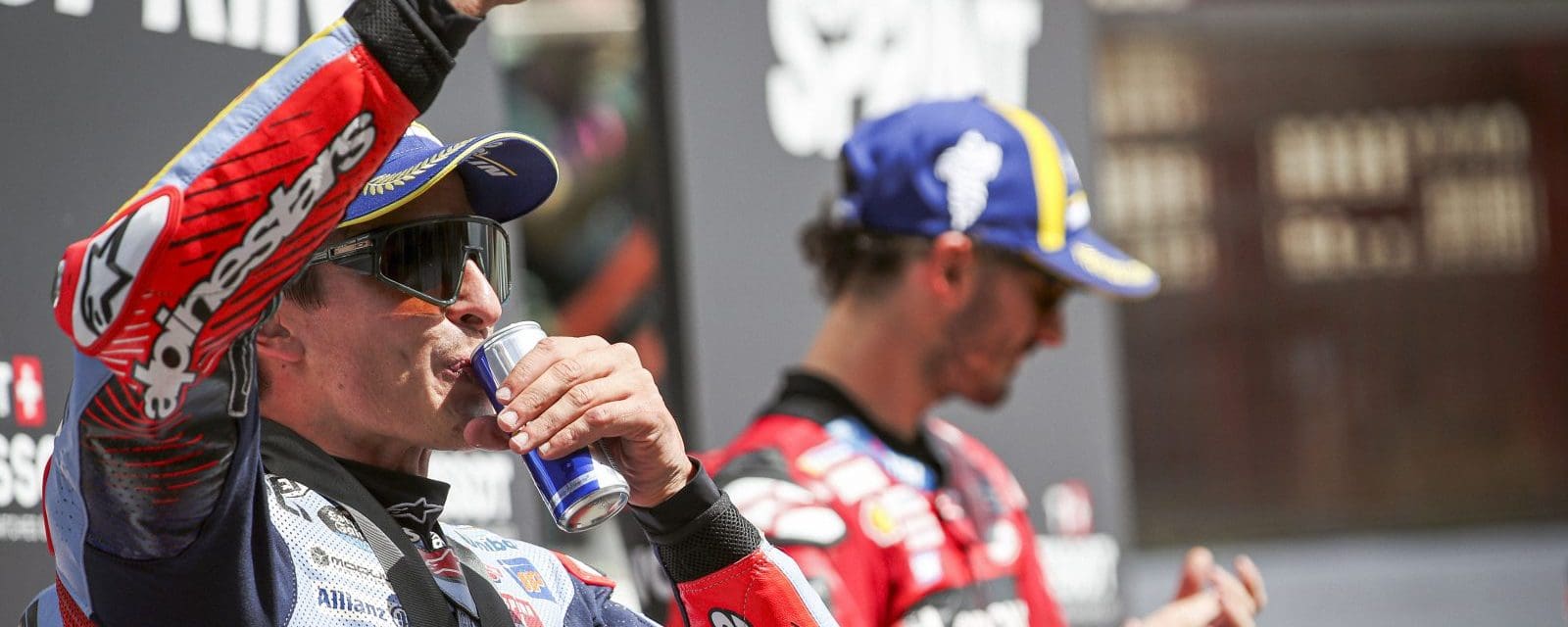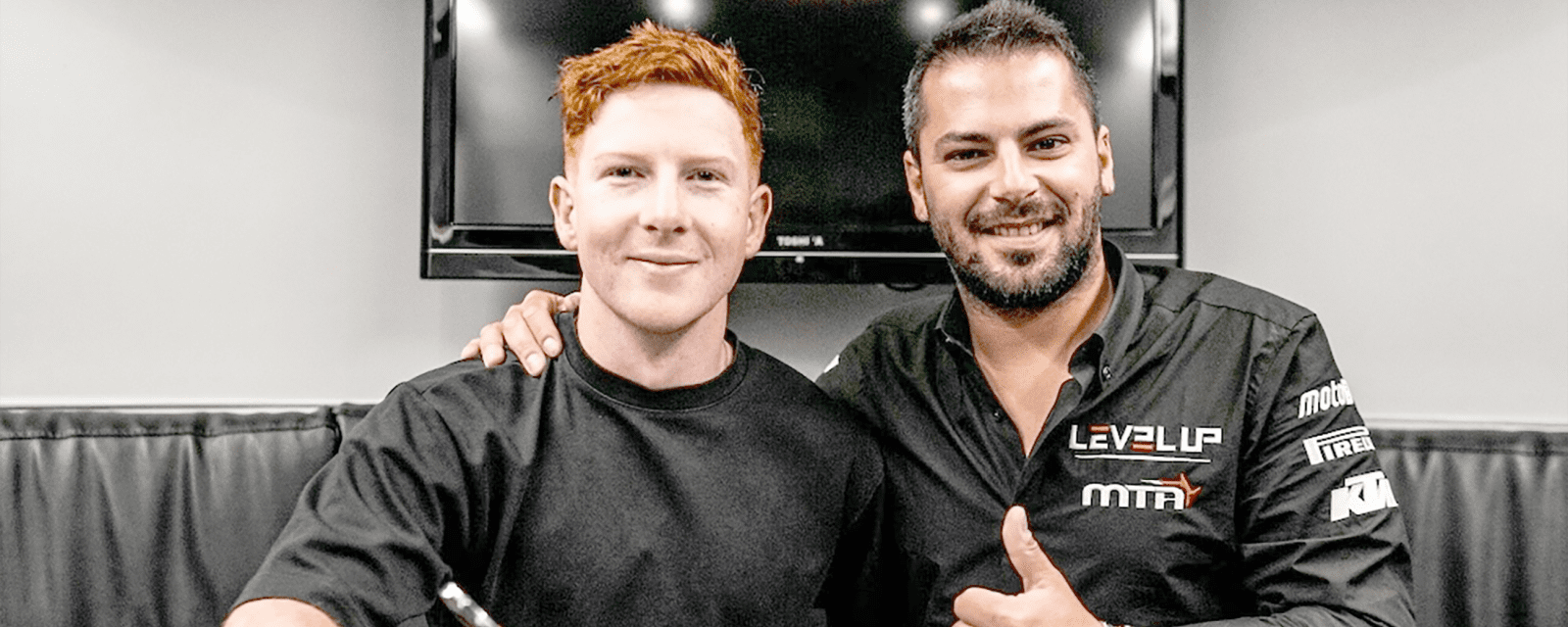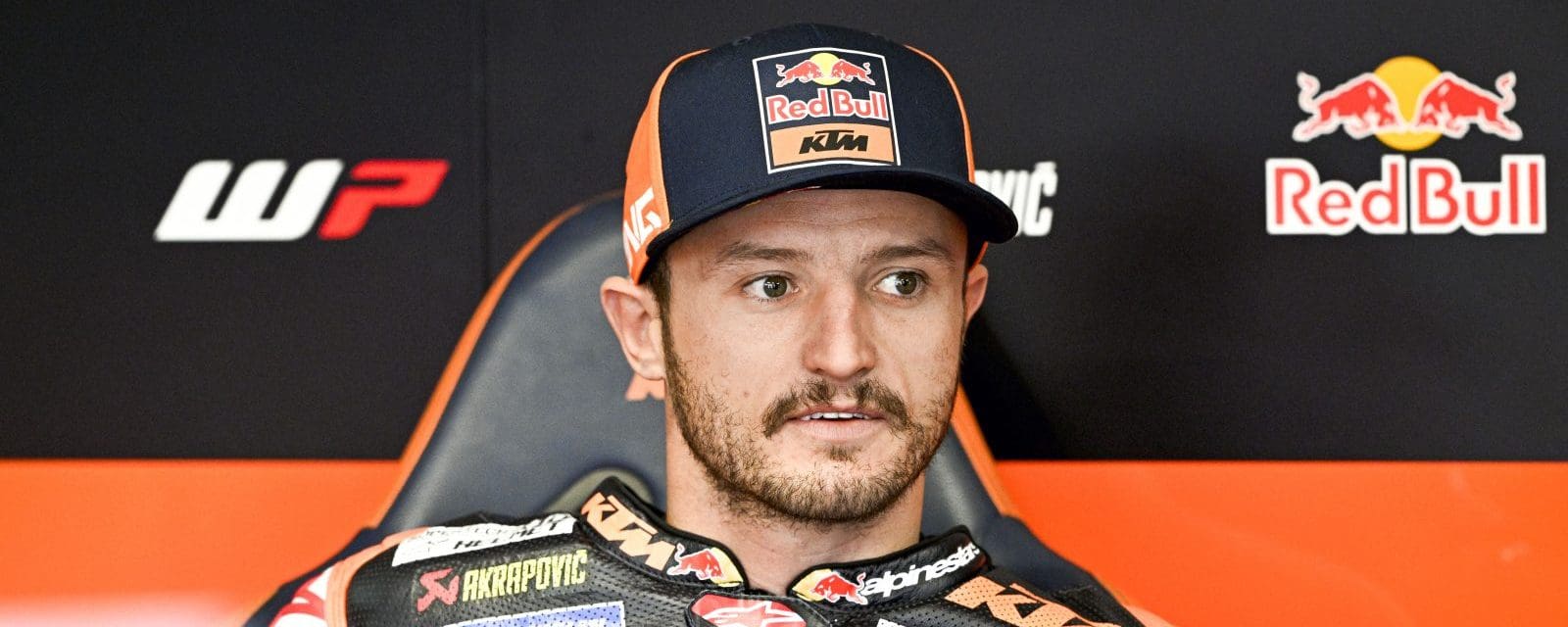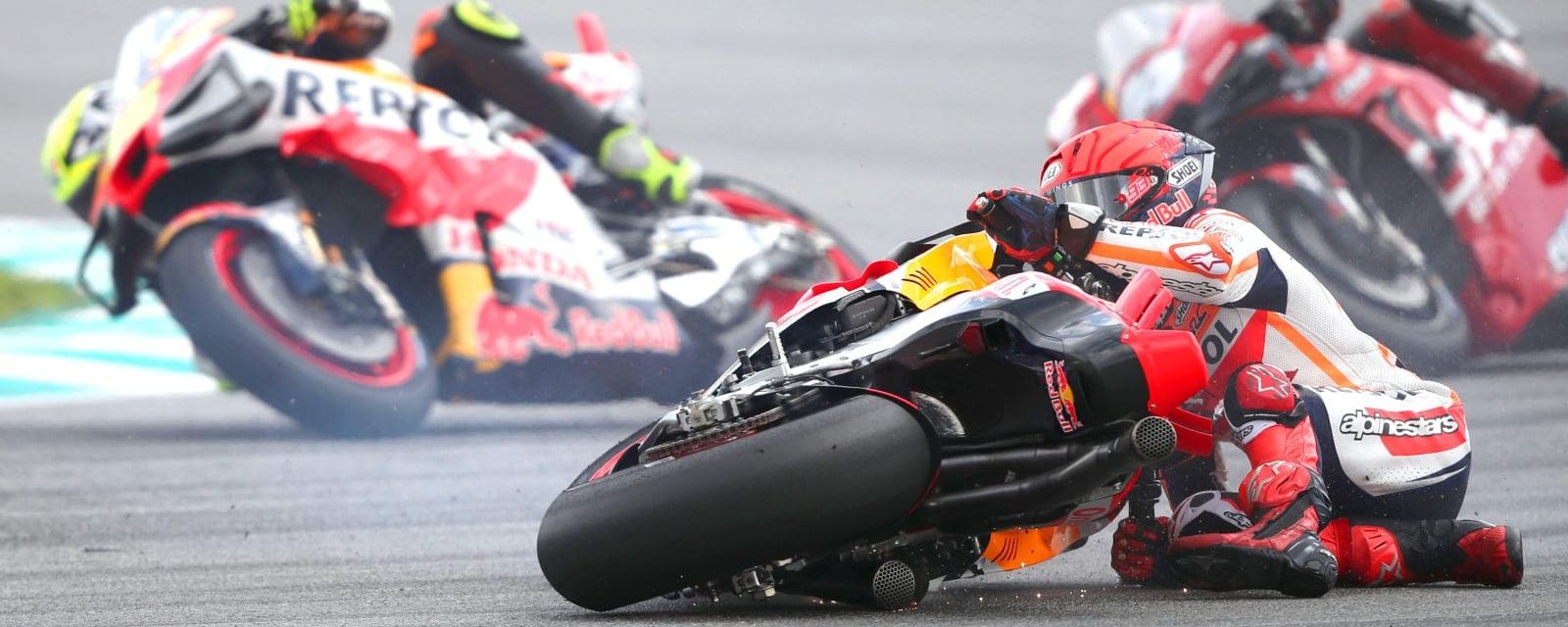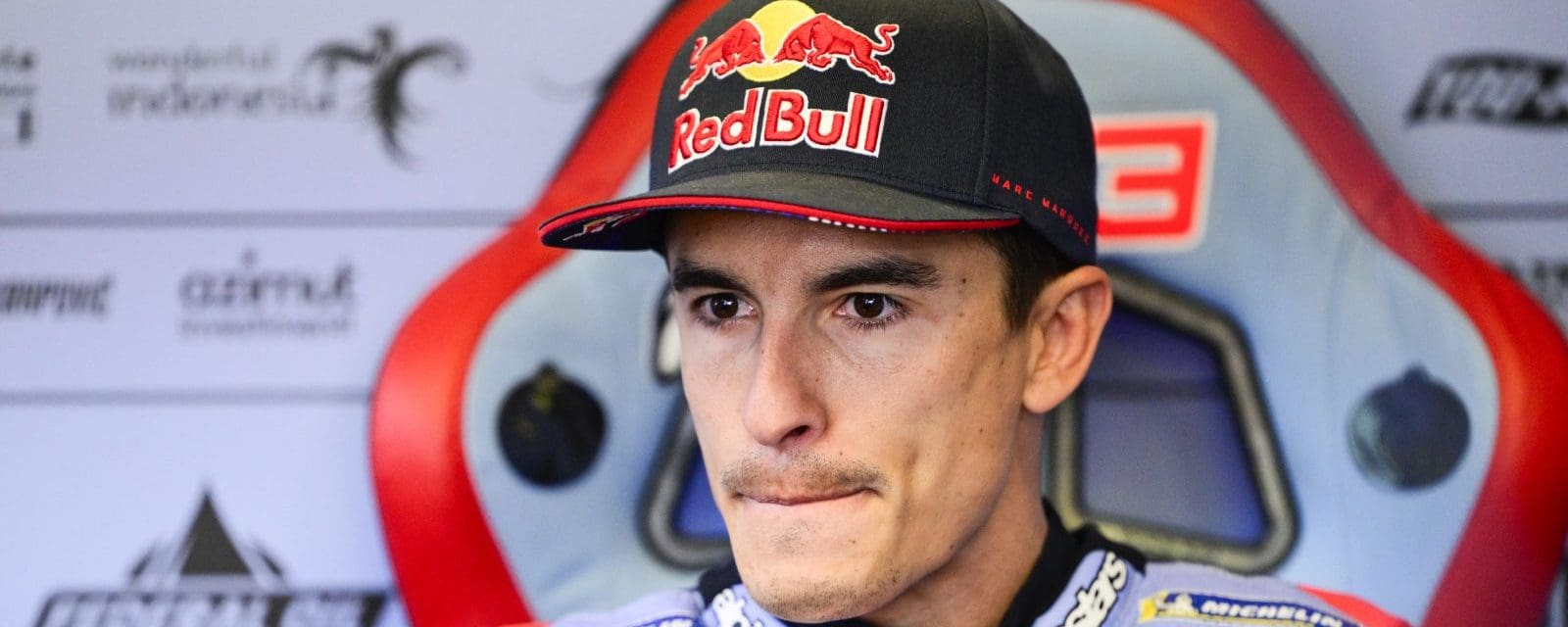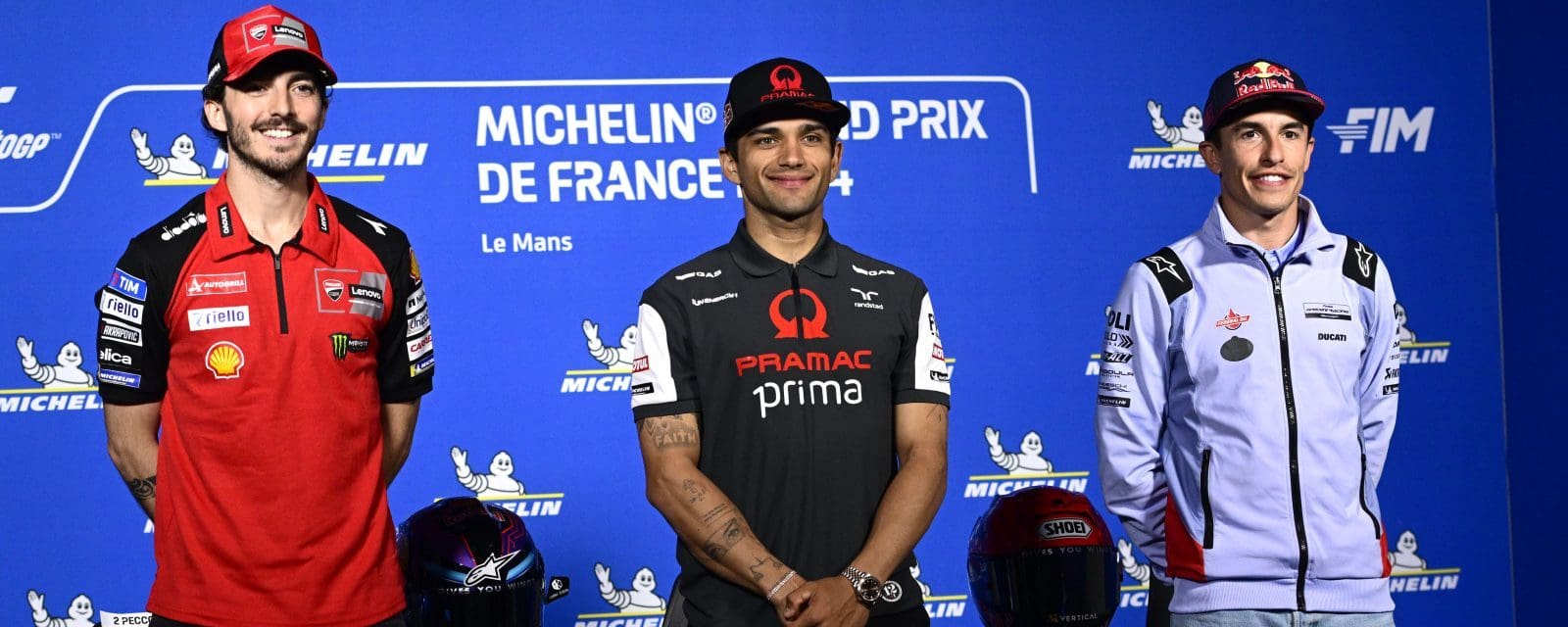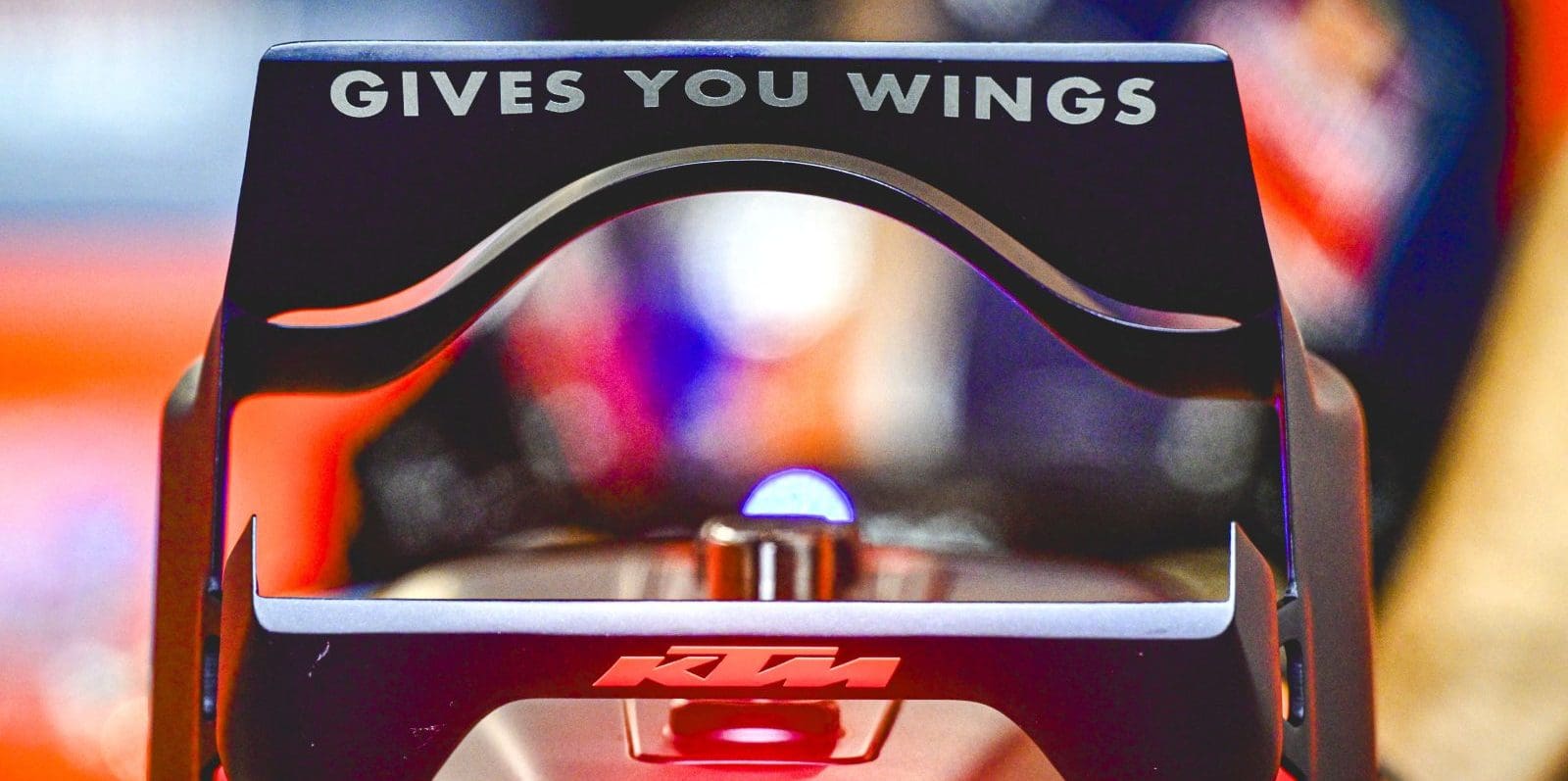The achievements of Valentino Rossi are unparalleled: he has taken the most premier-class grand prix victories, has amassed the most grand prix podiums across all classes, scored the most world championship points across all classes, has contested the most GPs and has the longest winning career, spanning from August 1996 to (at the time of going to print) June 2016.
Statistics make some fans keel over with boredom but you cannot deny that racing is all about numbers – it’s about lap times, championship points, suspension clicks and the zeroes and ones of digital electronics.
So, yes, the numbers are important; with some riders they are pretty much all that matter. But Rossi is different. With him it’s not only the stats, it’s also the man himself. Not only is he the only rider who’s won more than 80 premier-class GPs, he’s also charismatic, intelligent, funny and generous with his fans. And he’s ruthless, vengeful and selfish. In other words, he has all the characteristics necessary to be a winner on the track and a superstar off it.
But why, at the age of 38, does he still do it? It’s a simple question and the answer is just as simple: he adores the adrenaline rush of riding the world’s greatest sportsbikes on the world’s greatest racetracks against the world’s greatest riders. Who wouldn’t?
In fact, very, very few of us would, certainly at his age and with his bank balance. The pressure of racing at MotoGP level is relentless and crushing, both physically and mentally. The dangers are also huge. Not many riders get killed, but any time you’re doing 300km/h while disputing the same few centimetres of asphalt with another rider, death or serious injury are never far away.
Somehow, unlike anyone else in history, he can still deal with that after 22 years racing around the world. Racing consumes him, totally. Last year Rossi’s best friend Danilo Petrucci described a long night out together: “Mostly we talked about motorcycles, about how our passion is not pussy but bikes!”
And presumably that’s it – Rossi loves the thrill of tickling a MotoGP bike through a corner more than he enjoys tickling a supermodel between the sheets. If he didn’t, we know where he would be: cruising the Caribbean in a superyacht, canoodling with beauties and soaking up the dolce vita instead of risking life and limb in sweat-soaked leathers at Mugello. But how would he cope without his hit of adrenaline? Not very well.
So, Rossi continues racing because he’s a junkie, always chasing the next buzz. But how come he hasn’t grown sick of always living on the road, which is the kind of thing that drives most other racing junkies into retirement?
Because he’s never really away from home. He may be geographically on the other side of the world but inside himself he’s not. Rossi doesn’t get homesick because he takes his homies with him. Wherever he goes he is surrounded by Uccio Salucci and a whole gang of friends he’s known for decades.
Some riders change their gofers and helpers every year or two, treating them rather like servants. Rossi doesn’t have gofers, he has friends who will do anything for him, 24/7/365. Thus he is always surrounded by love and affection, by people who know what he needs and when he needs it.
Petrucci again: “First of all, Valentino enjoys a lot what he does; this is the key to everything. Quite often I go to his house and he’s watching a Moto2 race from two years ago. I say, why? The answer is that he truly loves racing.
“His secret at home is that he’s very protected. Everybody works for him like a team and there’s no schedule, so he can choose every hour of the day to do what he wants to do.
“For sure this is a big power for him. If he wants to go training at 10pm, then he goes training, because he trains lots and lots. Or if he wants to wake up at 7am and start riding at the ranch at 8am, everything is set.
“One of the coolest things about Valentino is that although he loves racing he knows when to stop. If we are at dinner and we drink two or three or four bottles of wine, then the day after we go to the seaside and we don’t train.”
In other words, Rossi refuses to become a slave to anyone, including himself.
Finally, there are other reasons for his longevity, like air-fences and private jets. Motorcycle racing is much, much safer than it used to be, and getting around is much, much easier than it used it be.
Forty years ago Steve Baker contested his rookie world championship season riding factory Yamahas in both the 500cc and F750 series. In just five months he contested 21 500 GPs and F750 events, including a madcap run of nine consecutive weekends across Europe and North America. His mode of transport in Europe? A VW campervan! Baker won the 1977 F750 title, but was badly injured the following year when he flew into a concrete wall at Mosport. He retired soon after.
If Rossi had been racing in 1977, how long would be have lasted?
VR: the numbers
Riders with the most 500cc/MotoGP victories
1 Valentino Rossi 88
2 Giacomo Agostini 68
3 Mick Doohan 54
4 Jorge Lorenzo 44
5 Casey Stoner 38
6 Mike Hailwood 37
7 Eddie Lawson 31
8 Dani Pedrosa 29
8 Marc Márquez 29
10 Kevin Schwantz 25
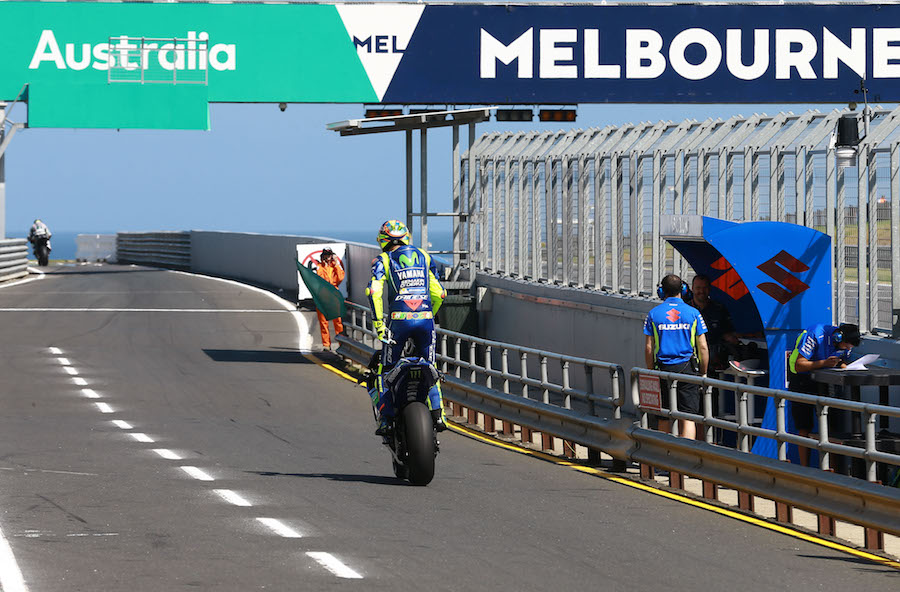
Riders with the most GP victories, all classes
1 Giacomo Agostini 122
2 Valentino Rossi 114
3 Ángel Nieto 90
4 Mike Hailwood 76
5 Jorge Lorenzo 65
6 Marc Márquez 55
7 Mick Doohan 54
8 Phil Read 52
8 Dani Pedrosa 52
10 Jim Redman 45
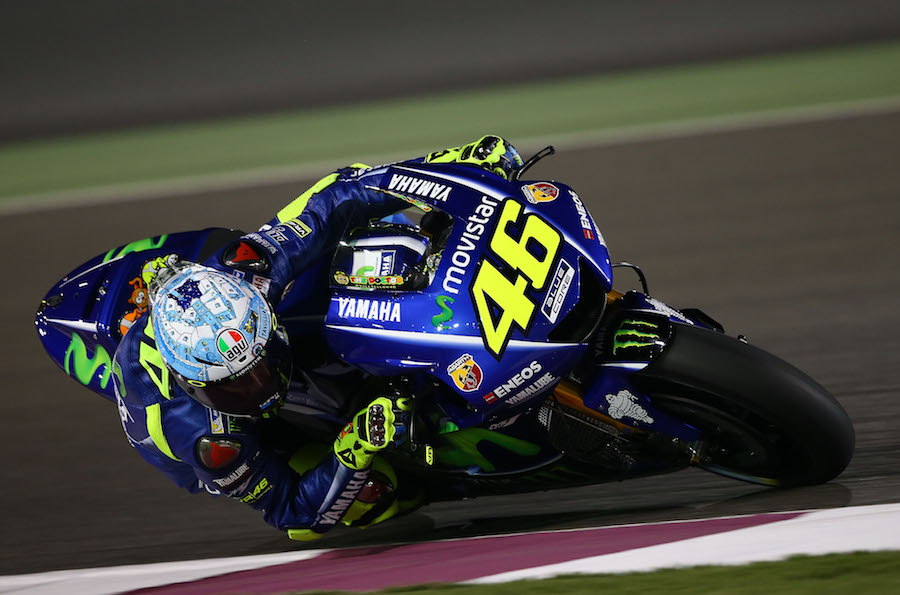
Highest number of GP podium finishes, all classes
1 Valentino Rossi 221
2 Giacomo Agostini 159
3 Dani Pedrosa 144
4 Ángel Nieto 139
5 Jorge Lorenzo 145
6 Phil Read 121
7 Mike Hailwood 112
8 Max Biaggi 111
9 Loris Capirossi 99
10 Jim Redman 98
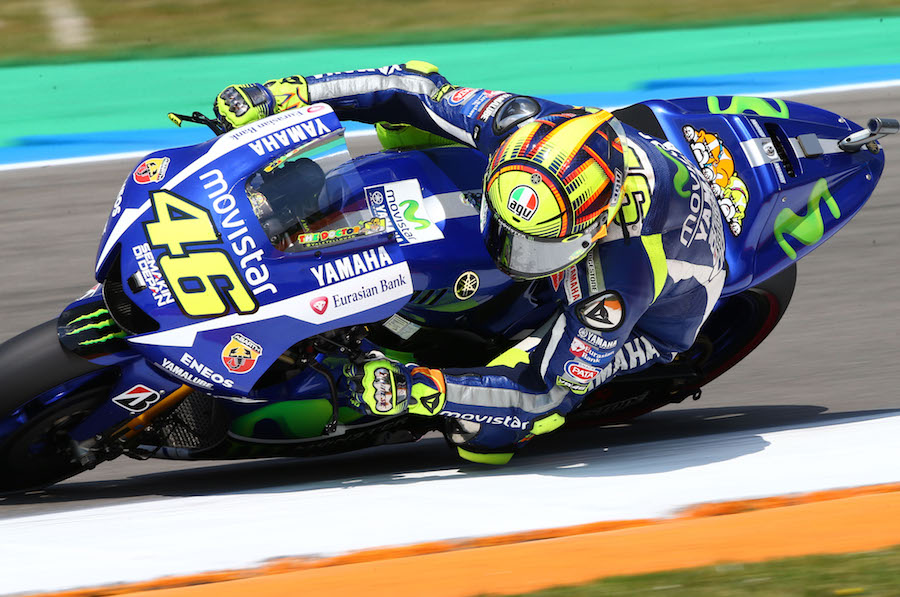
Longest GP winning careers, all classes
1 Valentino Rossi 19 years 293 days
2 Loris Capirossi 17 years 49 days
3 Ángel Nieto 16 years 8 days
4 Dani Pedrosa 14 years 75 days
5 Phil Read 14 years 71 days
6 Jorge Lorenzo 13 years 54 days
7 Loris Reggiani 13 years 12 days
8 Max Biaggi 11 years 211 days
9 Alex Barros 11 years 204 days
10 Luigi Taveri 11 years 133 days
